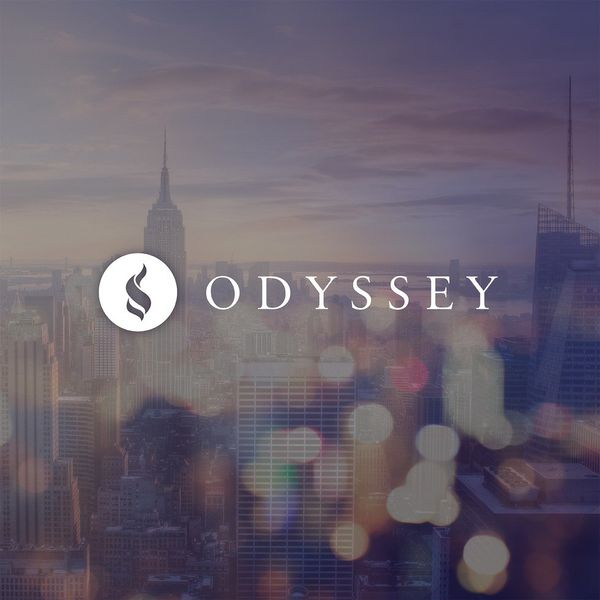No doubt, the claim is a serious one, and it pokes at the strategies an unfortunate number of tech startups have begun adopting. However, it’s a reality too few of its young, motivated writers realize when they begin writing for the online article service.
The Odyssey Online took heavy advantage of the self-driven, ambitious millennial generation when it launched in June 2014, calling for content creators all over the country ideally between the ages of 16 - 29, the prime voice Odyssey wishes to amplify with its website. Through article sharing, these young writers can get staggering views, an alluring goal – if they know how to use social media to their advantage.
To incentivize writing articles (though to be more accurate, sharing articles), Odyssey offers $20 payouts to the writer that garners the most shares within its local content community, assuming that community submitted at least 12 articles that week. The deal seems like a fair way to get individual writers motivated to keep writing and sharing, right?
The Reality Behind Odyssey’s Marketing Strategy
Maintaining a behemoth of a network like The Odyssey Online requires a lot of money, planning and editing. Odyssey employs a massive, remote team of editors that diligently work to pump out dozens of articles weekly. The main source of profit for Odyssey is revenue from ads – a fact that become sketchy when you realize the majority of content creators are unpaid students.
That’s okay, though, right? Journalism should be about writing, not the money. But the numbers are staggering.
Let’s do the math on this one. Odyssey has over one thousand local communities, and pays out twenty dollars to several of content creators each week for the highest shares. However, Odyssey earns money from ad views and clicks on all its articles, not just the ones with the highest shares.
Each article has, ideally, five advertisements, and at a particularly low estimate of $3 per thousand views on ads, The Odyssey Online could earn about $5,400,000 from its 360 million views per year – and that’s just ad views, not the revenue gained from clicks. Even though not all articles have 5 page views, that’s still a staggering estimate.
That’s a ridiculous amount of money for a website that profits off of the hard work of, mostly unpaid content creators. It’s a slap in the face for those pursuing an actual career in journalism.
But journalism isn’t about the money, right? It isn’t – it should be about the love of writing, the love of investigating into issues close to the hearts of our peers. However, the entire scenario is pretty sketchy. I wouldn’t go so far as to call it a scam, but profiting that much off the backs of thousands of young writers reeks of a lack in ethics.
Let’s use one of the latest top article as an example: "Senate Passes Act That The Arts Are Considered Core Subjects." Over the course of a week, it got 933 thousand shares. At a somewhat low estimate of ten views per share, that’s approximately $139,950 in profit for Odyssey on that article alone.
Likely paid out with twenty dollars via PayPal.
Is the ethical dilemma becoming clear? For more distinguished publications like The New York Times or The Washington Post, writers raking in that number of shares would be making a yearly salary in the six digits.
It’s a brilliant business plan, no doubt. Unpaid labor always saves money, and has sprung Odyssey into profit, but the ethics behind the pyramid scheme are dubious at best.
Most of Odyssey Isn’t Journalism
This one comes as the most unnerving: Odyssey caters heavily towards the millennial generation, a market typically defined as between the ages of 18 and 34 (how people born in 1982 are the same generation as me, I have no idea). While editors thankfully relinquish much of content creativity to the actual creators, most of the groundbreaking stories are similar to those you would find on Buzzfeed.
Of course, there are some serious shining gems out there on the platform, but journalism at its core is the investigation into real issues, problems that dig at the core of the community, not the different hairstyles of the 2016 Olympic gymnasts, or the sorority rankings of X college. Although Odyssey doesn’t technically market itself as a journalism site, it takes heavy pulls from that well.
Writing is about that spark behind the words, the flow of the pen, the depth of the story. Odyssey brands itself as revolutionary, but with its business plan that exploits on the free labor of thousands and its over-saturation of content, Odyssey is anything but.























